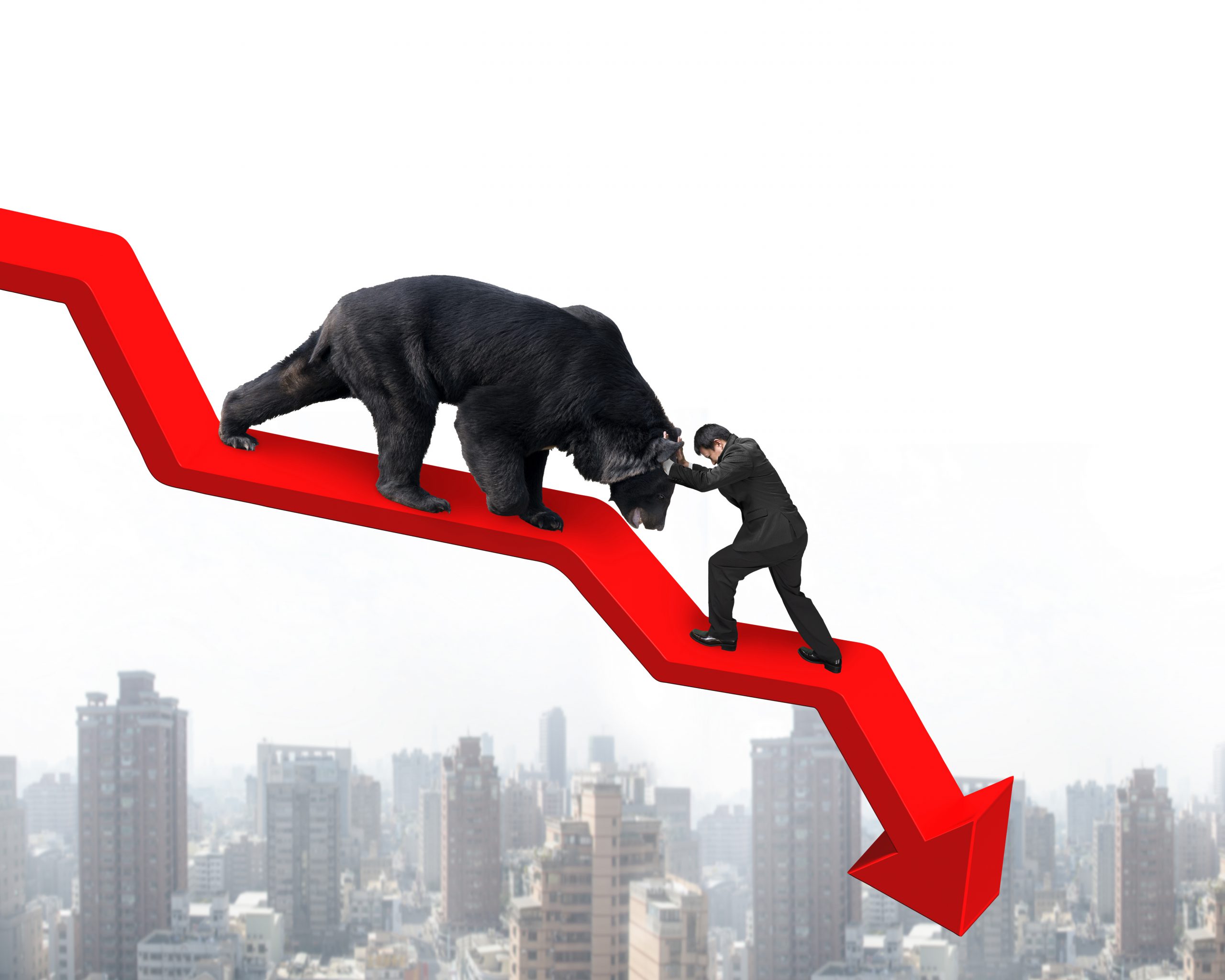
Best Buy Co., Inc. (BBY) in Richfield, Minn., is a leading technology product retailer that operates in the United States and Canada. The company operates through segments: Domestic and International. It has an ISS QualityScore of 1, indicating low governance risk.
The current tech rout and slumping consumer confidence have lately caused BBY’s shares to decline. The stock has fallen 4.9% in price year-to-date and 17.8% over the past six months.
Here’s what could shape BBY’s performance in the near term:
Bleak Growth Prospects
Analysts expect BBY’s revenues to decline 2.3% in price year-over-year in its fiscal fourth quarter (ended January 2022), 9.7% in its fiscal first quarter (ending April 2022), and 2.2% in the current year. In addition, consensus EPS estimates indicate a 22.1% slump in the about-to-be-reported quarter, 26.4% in the current quarter, and 7.4% in the current year.
Mixed Profit Margins
BBY’s 22.65% trailing-12-month gross profit margin is 36.7% lower than the 35.8% industry average. The company’s 8.05% trailing-12-month EBITDA margin is 36.4% lower than the 12.66% industry average, while its 5.05% net income margin is 24.3% lower than the 6.68% industry average. Furthermore, BBY’s 1.37% trailing-12-month levered free cash flow margin is 74.6% lower than the 5.4% industry average.
However, BBY’s trailing12-month ROE, ROA, and ROTC of 63.22%, 13.15%, and 24.58%, respectively, compare with the 17.7%, 6.12%, and 8.02% industry averages.
Consensus Rating and Price Target Indicate Potential Upside
Among the 10 Wall Street analysts that rated BBY, five rated it Buy, four rated it Hold, and one rated it Sell. The 12-month median price target of $116.40 indicates a 20.5% potential upside from yesterday’s closing price of $96.64. The price targets range from a low of $87.00 to a high of $147.00.
POWR Ratings Reflect Uncertainty
BBY has an overall C rating, which translates to Neutral in our proprietary POWR Ratings system. The POWR Ratings are calculated by considering 118 distinct factors, with each factor weighted to an optimal degree.
The stock has a C grade for Momentum, Stability, and Growth. BBY is trading below its 50-day and 200-day moving averages of $99.19 and $110.68, respectively, indicating a downtrend, justifying the Momentum grade.
In addition, the stock’s relatively high 1.53 beta is in sync with the Stability grade. Also, the company’s revenues have increased at a 6.4% CAGR over the past three years. However, its levered free cash flow has fallen at a 9.6% rate % per annum over the past three years, justifying the Growth grade.
Among the 46 stocks in the C-rated Specialty Retailers industry, BBY is ranked #18.
Beyond what I’ve stated above, view BBY Ratings for Sentiment, Quality, and Value here.
Bottom Line
The continuing semiconductor shortage and skyrocketing inflation rates have caused BBY’s operating costs to rise, shrinking its profit margins. As the Russian invasion of Ukraine aggravates global supply chain disruptions, analysts expect BBY’s revenues to decline in the coming quarters. Thus, we think investors should wait until the macroeconomic conditions stabilize before investing in the stock.
Click here to checkout our Retail Industry Report for 2022
How Does Best Buy Co., Inc. (BBY) Stack Up Against its Peers?
While BBY has a C rating in our proprietary rating system, one might want to consider looking at its industry peers, The Tile Shop Holdings, Inc. (TTSH), Aaron’s, Inc. (AAN), and TravelCenters of America LLC (TA), which have a B (Buy) rating.
BBY shares were unchanged in premarket trading Tuesday. Year-to-date, BBY has declined -4.88%, versus a -8.07% rise in the benchmark S&P 500 index during the same period.
About the Author: Aditi Ganguly

Aditi is an experienced content developer and financial writer who is passionate about helping investors understand the do’s and don'ts of investing. She has a keen interest in the stock market and has a fundamental approach when analyzing equities.
Should You Scoop Up Shares of Best Buy on the Dip? StockNews.com






